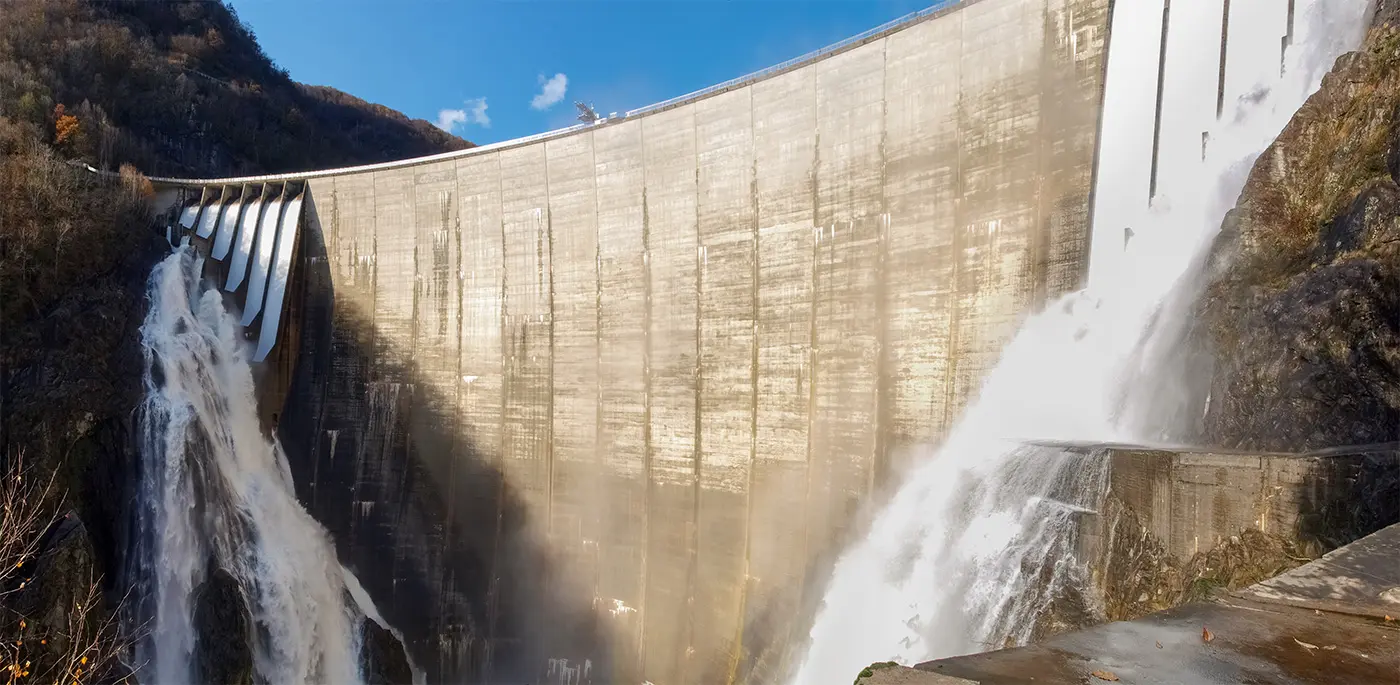How the future of energy is influenced by language
The ZHAW has been researching patterns of language use in Switzerland during the energy transition. In collaboration with the Swiss Federal Office of Energy, the ZHAW has created and analysed a unique digital collection of language data. Initial results indicate that energy discourses in the Swiss national languages not only differ – they actually influence one another.

Swiss energy policy and the country’s energy supply are in transition. Because of uncertainty over future developments and political, economic and technological changes, agents are increasingly dependent on knowledge shared in public discourses. ZHAW researchers have addressed the question of how these discourses develop, how they can be analysed and how the results can be applied to communicative practices. Over the last three years, the ZHAW has laid the scientific foundation to enhance the way communication agents perform as energy policy is transformed.
Different patterns in national languages
«Initial results show that the energy discourses in the Swiss national languages German, French and Italian not only differ – they actually influence one another», says ZHAW researcher Peter Stücheli-Herlach from the School of Applied Linguistics. The use of place names shows how the different discourses are oriented towards their own language regions and the countries that border them, Germany, France or Italy.
Renewable energy sources are now almost as important as non-renewables in German-language discourses. In the French-speaking part of Switzerland, however, the expression «fossil energy» is used more often than in the German-speaking part. But the importance of renewable energy sources is also growing in French- and Italian-language discourses, as German texts, for example, are translated into these languages – an indication that the national languages influence one another. In Swiss energy discourses in general, hydroelectric power is of greater importance than solar or wind energy. This can be seen as a Swiss particularity in the European energy transition.
Over a billion words on specific topics
The «Energy Discourses in Switzerland» project was funded by the Swiss Federal Office of Energy (SFOE) under the Energy - Economy - Society (EES) research programme. ZHAW researchers compiled and analysed one of the largest text corpora of its kind, comprising approximately 1.2 billion words. The analysable data goes back as far as 2010. The corpus is based on texts publicly available online, including the total website content in German, French, Italian and English of the Federal Authorities, advocacy groups and political parties involved in energy policy as well as numerous daily, weekly and scientific media publications. The data was then systematically selected and linguistically annotated and is now available for use in future projects analysing the energy-policy environment.
Foundation for adaptive communication
From an Applied Linguistics point of view, discourses emerge from certain patterns of language use, such as specific topics, concepts or combinations of words. These patterns can be found among different communication agents, and they occur over a lengthy period of time. As such, they constitute our collectively shared knowledge in its linguistic form. This knowledge is an indispensable prerequisite for democratic dialogue and successful innovation. Peter Stücheli-Herlach explains that “in public discourses, there is a ‘common ground’ to which the agents must refer in order to make themselves understood”. The project thus shows agents involved in the energy transition and related policy areas how to navigate their way through large amounts of public discourse data and conduct meaningful analyses. Computer-based methods enable researchers to measure and systematically interpret patterns of public language use in large corpora. Findings like this lay the foundation for adaptive dialogue- and target-oriented communication in controversial environments of democratic debate and interdisciplinary innovation.
Contact
Prof. Dr. Peter Stücheli-Herlach, Professor of Organisational Communication and Public Spheres, Project Leader, «Energy Discourses in Switzerland», ZHAW School of Applied Linguistics, tel. +41 (0) 58 934 71 06, E-Mail peter.stuecheli@zhaw.ch
ZHAW Corporate Communications, tel. +41 (0) 58 934 75 75, E-Mail medien@zhaw.ch